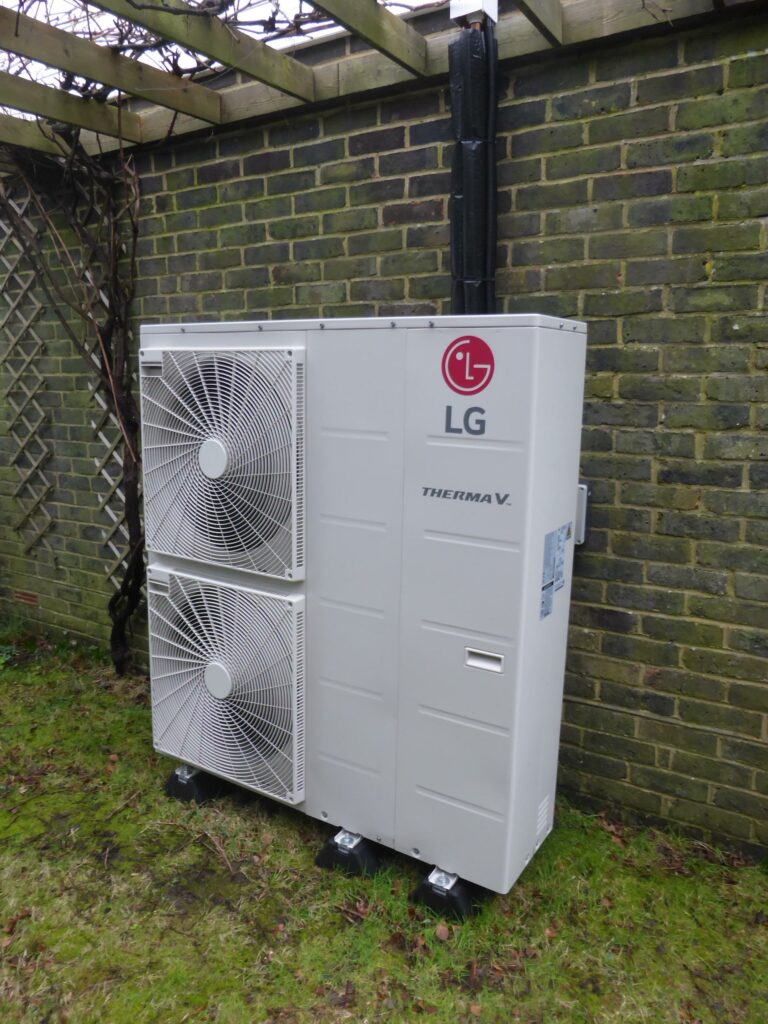UK Power Networks (UKPN) has launched a new study dubbed Neighbourhood Green, designed to provide real-world insight into the capacity demands of electric heating.
Dozens of homes with different types of low carbon heating such as heat pumps, underfloor heating or panel heaters, are set to take part in the study which is running from March 2022 to November 2023.
Data will be collected around consumer behaviour and heating systems from around 60 houses, and will then be compared with a model of a ‘one in 20’ freezing winter.
The insight gain from the combination will help UKPN plan its interventions efficiently to ensure there is enough room on the network during such periods of high demand for heat pumps.
The network operator is expecting there to be between 300,000 and 700,000 electric heat pumps on its system by 2028. It is planning £4.6 billion of investment during the upcoming RIIO-2 period, including upgrades that will allow more low-carbon heating assets to be connected.
“It’s our job to make sure that our customers are able to connect low carbon heating easily and quickly, whenever they choose to do so. Neighbourhood Green is helping us gain valuable insight so we can plan ahead to make sure they have that choice,” said Ian Cameron, head of customer services and innovation at UKPN.
During peak times, a home could consume 52% more energy when running an electric car charger and heat pump.
The Neighbourhood Green project is a £818,000 Network Innovation Allowance project that will be conducted at the Energy System Catapult’s and the University of Strathclyde’s PNDC’s energy innovation test and evaluation facility, the Whole Energy Systems Accelerator (WESA). Here, energy use will be monitored and digitally mapped into simulated networks.
Richard Knight, director for strategy and technology at research hub PNDC, said: “Through WESA – the collaboration between PNDC’s real-world testing and demonstration facilities and the ESC’s Living Lab – we look forward to supporting UK Power Networks’ Neighbourhood Green project in assessing the operational flexibility potential of low carbon technology and accelerating consumer-facing energy innovation.”
UKPN launched a separate low-carbon heating trial in February, dubbed the Right to Heat project. It includes the installation of low carbon heating systems consisting of hybrid boilers, solar panels and battery energy storage systems in 25 homes across the South East.
This built on a previous low-carbon heating trial from the network operator, project HyCompact, which saw hybrid heating systems installed in seven homes across Wales, London and the South East through a partnership with gas network Wales & West Utilities.






